
A Deputy Director at the Independent Corrupt Practices and other related offences Commission (ICPC), Mr. B. B. Gaji, has said that implementation challenges are serious drawbacks in the fight against corruption in the country.
Mr. Gaji, who is the Head, System Study, Research and Statistics of ICPC, made this observation in a lecture he delivered at a Workshop on Integrity and Transparency organised by the University of Ilorin Anti-Corruption and Transparency Monitoring Unit (ACTU).
In his lecture entitled, “Understanding Corruption and Government Anti-Corruption Initiatives: (ICPC, ACTU, EFCC, NEITI, BPP, CCB, ETC) The Journey So Far”, Mr. Gaji noted that the coordination challenges among the anti- corruption agencies are being addressed through the mechanism of the Inter-Agency Task Team (IATT) and regular meetings among the heads of the agencies.
He, however, observed that the challenge of coordination of policies with other government agencies remains.
In his own lecture, a Senior Advocate of Nigeria (SAN), Mr. J. O. Baiyeshea, called on the Economic and Financial Crimes Commission (EFCC) to look into corruption in the education sector since education is one of the most powerful and effective tools for development and socialisation.
The legal luminary noted that the education system seems to produce graduates that are not sufficiently equipped with the appropriate academic and profession skills, lamenting that the sad development can be said to be as a result of corruption.
He said: “It is time for the anti-corruption war to be extended to our schools. The Economic and Financial Crimes Commission (EFCC) and other agencies should focus their investigative tentacles on the education sector. Admission process has become a reflection of the corruption level in the larger society where admission is offered to the kids of the rich based on who they know and how much they can part with rather than being based on merit.”
In the third lecture, entitled “Corruption Flash Points in the University System”, Prof. Moshood Adewale Belewu of the University of Ilorin said that the high demand for education has made the University system vulnerable to corruption.
Prof. Belewu submitted that information deficits, weak accounting practice, inadequate investigation and reporting of financial misconduct, lack of benchmarking and lack of protection for whistleblowers are some of the factors contributing to corruption in the university system.
He said: “Lately, it was noticed that University Education can be as corrupt as other sectors of government institutions and economy while values of fairness and objectivity, which were thought to be the universal characteristics of the university system were displaced by the interest of specific individuals, families, ethnic group, nepotism and many other unhealthy factors.”
*AMECHI, PLS USE ICPC LOGO.
A Deputy Director at the Independent Corrupt Practices and other related offences Commission (ICPC), Mr. B. B. Gaji, has said that implementation challenges are serious drawbacks in the fight against corruption in the country.
Mr. Gaji, who is the Head, System Study, Research and Statistics of ICPC, made this observation in a lecture he delivered at a Workshop on Integrity and Transparency organised by the University of Ilorin Anti-Corruption and Transparency Monitoring Unit (ACTU).
In his lecture entitled, “Understanding Corruption and Government Anti-Corruption Initiatives: (ICPC, ACTU, EFCC, NEITI, BPP, CCB, ETC) The Journey So Far”, Mr. Gaji noted that the coordination challenges among the anti- corruption agencies are being addressed through the mechanism of the Inter-Agency Task Team (IATT) and regular meetings among the heads of the agencies.
He, however, observed that the challenge of coordination of policies with other government agencies remains.
In his own lecture, a Senior Advocate of Nigeria (SAN), Mr. J. O. Baiyeshea, called on the Economic and Financial Crimes Commission (EFCC) to look into corruption in the education sector since education is one of the most powerful and effective tools for development and socialisation.
The legal luminary noted that the education system seems to produce graduates that are not sufficiently equipped with the appropriate academic and profession skills, lamenting that the sad development can be said to be as a result of corruption.
He said: “It is time for the anti-corruption war to be extended to our schools. The Economic and Financial Crimes Commission (EFCC) and other agencies should focus their investigative tentacles on the education sector. Admission process has become a reflection of the corruption level in the larger society where admission is offered to the kids of the rich based on who they know and how much they can part with rather than being based on merit.”
In the third lecture, entitled “Corruption Flash Points in the University System”, Prof. Moshood Adewale Belewu of the University of Ilorin said that the high demand for education has made the University system vulnerable to corruption.
Prof. Belewu submitted that information deficits, weak accounting practice, inadequate investigation and reporting of financial misconduct, lack of benchmarking and lack of protection for whistleblowers are some of the factors contributing to corruption in the university system.
He said: “Lately, it was noticed that University Education can be as corrupt as other sectors of government institutions and economy while values of fairness and objectivity, which were thought to be the universal characteristics of the university system were displaced by the interest of specific individuals, families, ethnic group, nepotism and many other unhealthy factors.”
*Photo shows ICPC logo.
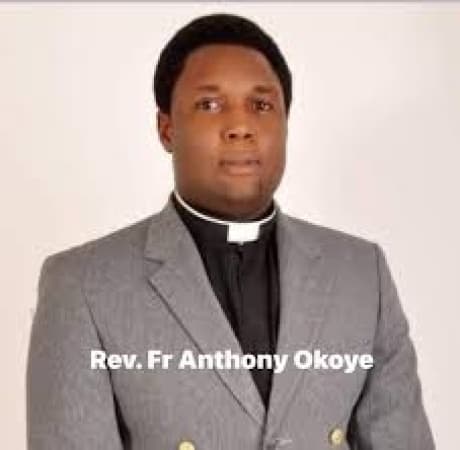
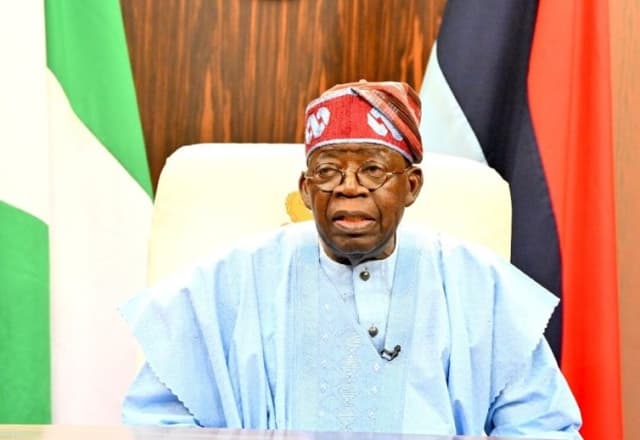
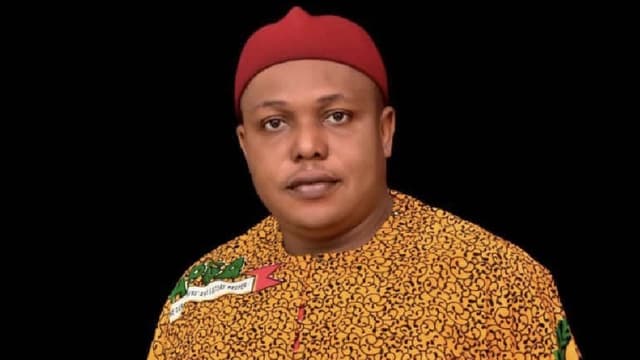
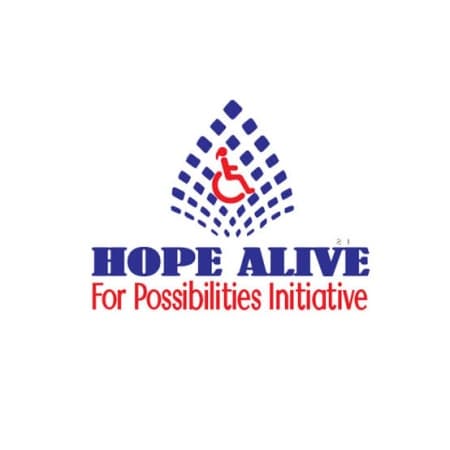




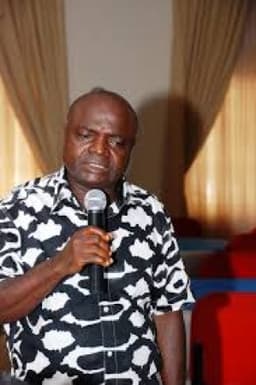
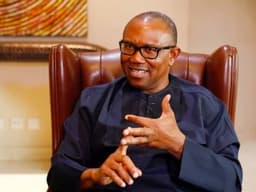
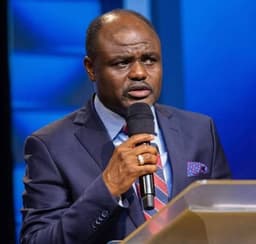


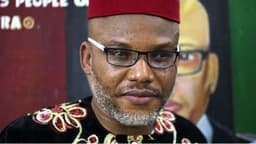

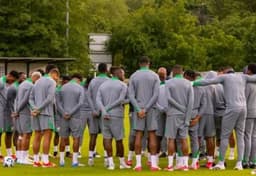
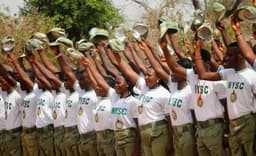
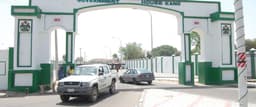

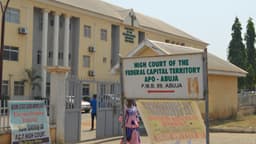
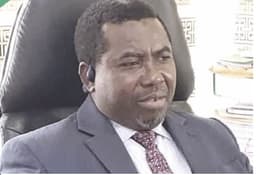

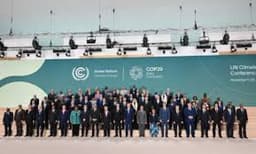

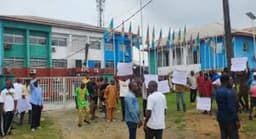
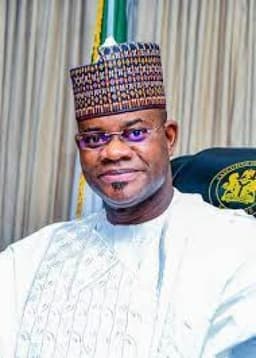

NEWS EXPRESS is Nigeria’s leading online newspaper. Published by Africa’s international award-winning journalist, Mr. Isaac Umunna, NEWS EXPRESS is Nigeria’s first truly professional online daily newspaper. It is published from Lagos, Nigeria’s economic and media hub, and has a provision for occasional special print editions. Thanks to our vast network of sources and dedicated team of professional journalists and contributors spread across Nigeria and overseas, NEWS EXPRESS has become synonymous with newsbreaks and exclusive stories from around the world.